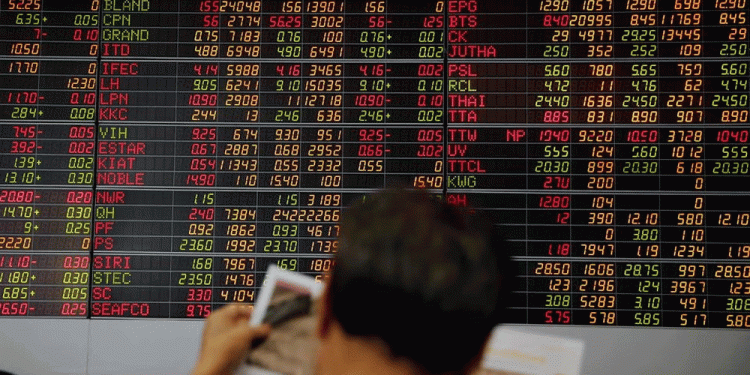* SIR20 traded at 102-102.50 cents/lb
* SMR20 done at $2.33; Thai grades untraded
* Qingdao stocks slip 3 pct in past two weeks
By Lewa Pardomuan
SINGAPORE, July 3 (Reuters) – Rubber prices were at multi-year lows, with only a few cargoes of Indonesian and Malaysian rubber changing hands, as top consumer China saw local tyre makers shift to the country’s bonded warehouse supplies and U.S. and European demand bottomed.
Rubber at Qingdao, which makes up the bulk of China’s inventories, has been offered at a discount to prices in Southeast Asia this year after stocks rose well above the usual level of 250,000 tonnes, indicating ample supply.
Indonesia’s SIR20 rubber was traded late on Tuesday at 102 to 102.50 U.S. cents a pound ($2.25 to $2.26 a kg) for August delivery, down from 104.25 to 104.75 cents last week. Prices were at their weakest level since 2009.
Bridgestone Corp, the world’s largest tyre maker, was reported to have bought SIR20 at 101.50 cents.
“Trading houses in Singapore bought SIR20 last night, and I guess China is waiting for prices to fall again before they come back to buy,” said a dealer in Indonesia’s main growing island of Sumatra.
“But so far, we haven’t seen any buying interest from China. Demand from the United States and Europe is also pathetic these days. They are looking for a bargain.”
Tyre grade prices have tumbled to the current level on worries about global economic growth and weakening demand from China, which accounts for 35 percent of global consumption.
Malaysia’s SMR20 sold overnight at $2.33 a kg, down from $2.35-$2.40 two weeks ago. Thai RSS3 was offered at $2.73 to $2.75 a kg and STR20 at $2.35 to $2.38 a kg, with no reports of buying interest from China.
Stocks at Qingdao were currently estimated at 341,900 tonnes, down from 350,700 tonnes in mid-June and a record high of 371,100 tonnes in late April, trade sources said on Wednesday.
Credit-strapped tyre makers have also been forced to reduce imports and turn instead to domestic stocks following a crackdown on commodities imports that have been used for financing.
WEEK AHEAD
Rubber prices could slip further next week because of worries about demand, shrugging off a recent rebound in benchmark Tokyo rubber futures.
Rubber futures on Tokyo Commodity Exchange (TOCOM) set the tone for tyre grade prices, but the contracts are often influenced by macroeconomics, equities and crude oil prices.
Source: Reuters


























